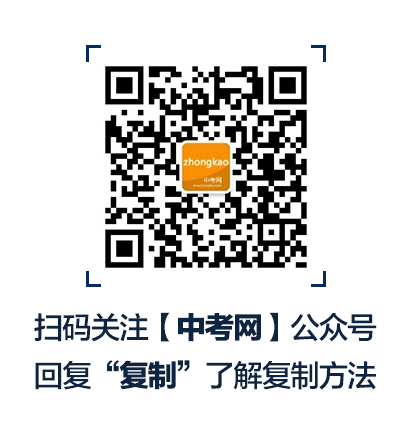来源:网络 作者:匿名 2009-11-11 17:10:00

7. beat / win
(1)beat vt. 后接的宾语一般为人或相当于人的名词,"打败……",
"赢了……";也经常用于被动语态。如:
We beat Class Four in the football match yesterday.昨天足球赛我们打败了四班队。Class Four was beaten in the football match yesterday.四班足球队昨天被打败了。
(2) win vt. 一般后接物或比赛作宾语,少用被动语态。如:
We won the football game.我们赢得了足球赛的胜利。
(3)win 短语:
win a game 赢得比赛(游戏)
win a gold medal 赢得金牌
win a prize 获奖
win the war 赢得了战争的胜利
win sb. over 把某人争取过来,说服某人
..........................................................................
8. by/ with/ in
by、with、in都可以表示使用"工具"、"手段"。它们的区别是:
by表示"以……方式(方法、手段)"和"乘坐某种交通工具";
with指"借助于具体的手段和工具";
in表示"以……方式","用某种语言"。
[例]He goes to school by bike.他骑自行车上学。
Jim is climbing the tree with a ladder.吉姆用梯子爬树。
Can you say it in English?你能用英语说它吗?
..........................................................................
9. be used for/ be used as/ be used by
(1)be used for 在这个短语中,介词for表用途,即"用来作……"。
A pen is used for writing.笔是用来书写的。
(2)be used as 在这个短语中,介词as表身份或工具,即"……被用作……"。
English is used as a useful tool in our country.
在我国英语被作为一个有用的工具来使用。
(3)be used by 短语中,介词by后接使用的执行者,"为……所使用"之意。
English is used by travelers and business people all over the world.
英语被世界上旅游者和商人所使用。
..........................................................................
10. besides/ except
(1)besides与except用于肯定句时,except意为"除……之外(不再有)";
besides意为"除……之外(还有)"。试比较:
I have another blue pen besides this one.
除了这枝外,我还有另一枝蓝色钢笔。(1+1,共2枝)
We all passed the exam except Tom.
我们都通过了考试,汤姆除外。(整体中……汤姆一人不及格)
(2)except前几乎总有all、any、every、no及其复合词等词。
He answered all the questions except the last one.
除了最后一个问题没答外,其余问题他都答了。
(3)except后接名词、代词、动名词和原形动词,这时except=but;
但except后跟副词、介词短语时,不能用but代替。如:
The window is never open except in summer.这扇窗户从来不开,除夏季外。
He did nothing except/ but clean the house.他只是打扫了房子。
..........................................................................
11. both/ all
这是一组代词,也可以作形容词,但要正确使用它们,必须区别他们所指的范围。
(1)both指"两者都"(=2),其否定应为neither。
His two brothers are both workers.他的两个兄弟都是工人。
They both work in our school.他们俩都在我们学校上班。
both的位置:系动词be后,实义动词前。
(2)all指"三个或三个以上都……",否定应为none。
The students all work hard.学生们都很用功。
They are all here today.他们今天都在这里。
They are all strangers. I know none of them.
他们全是陌生人,他们当中我一个都不认识。
..........................................................................
12.be anger with/ be angry about/ be angry at
(1)be angry with 后只能跟表"人"的名词或代词,意思是"生某人的气",
其后常跟一个表原因的介词for。
The teacher was angry with me for my coming late.老师因为我来晚生气了。
(2)be angry at = be angry about意思是"因某事而愤怒"。
at或about后只能接表"事物"的名词。如:
He is angry with/ about small things.他常为一些小事生气。
He was angry about/ at missing the film.他为错过那场电影而生气。
| 2018年上海中考各科真题及答案 | ||||
| 语文 | 数学 | 英语 | 物理 | 化学 |
| 2017年上海中考各科真题及答案 | ||||
| 语文 | 数学 | 英语 | 物理 | 化学 |
2023中考一路陪伴同行,百万名校真题直接下载!>>点击查看